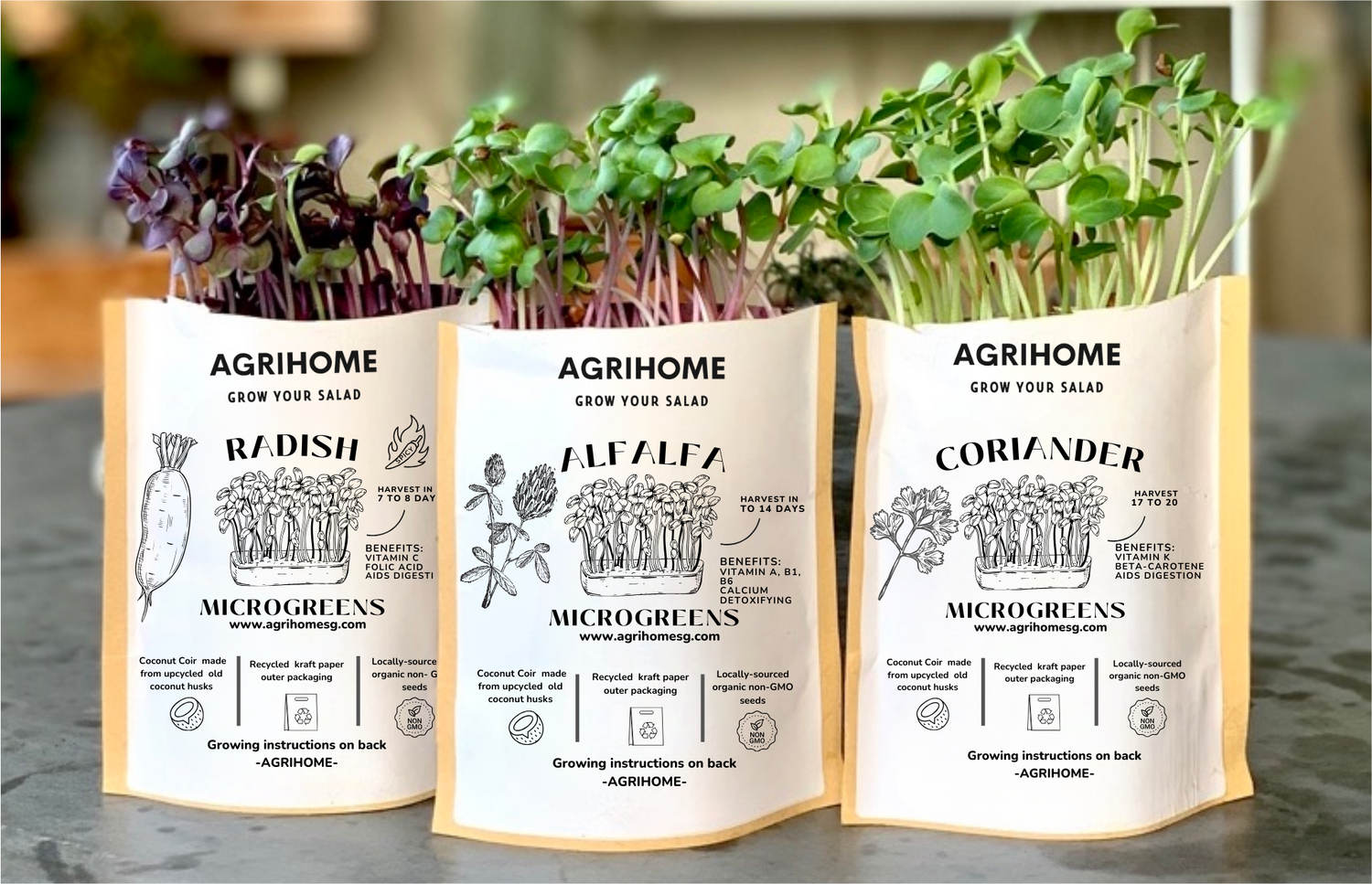
As Singaporeans, many of us enjoy complaining about the weather, whether it's because it's too hot, too dry, or too wet, and we may even feel like our daily routines are disrupted by it. However, have we considered the broader implications of climate change? How does it impact food production on a global scale and is there a risk of a food shortage for everyone?
This post will explore the effects of climate change on food production and food security. Additionally, we'll discuss the potential benefits of cultivating your own food as a positive action towards addressing these issues.
The devastating effect of extreme weather

Climate change and extreme weather can have a particularly severe impact on the livestock industry, which lacks the resources available to large-scale grain and vegetable farms, such as irrigation, to adapt to shifts in rainfall patterns. As a result, animal farms are more vulnerable to the elements.
Furthermore, the livestock industry is also directly threatened by extreme weather events. During heatwaves, livestock can perish, and severe storms can result in the loss of millions of animals, as occurred during the Avian and Swine flu epidemic. Annual monsoon hurricanes lead to the drowning of numerous cows and pigs, destruction of poultry farms, and obliteration of hundreds of oyster beds.
Water Scacity

Although global warming has received the majority of the world's attention, water scarcity is one of its most serious outcomes. Water shortages will lead to an increase in food prices and make it more difficult to sustain crops and livestock.
By 2025, over half of the world's population will be residing in regions where water scarcity is present at least part of the year. Farmers will be required to irrigate their crops using less water than they presently do, resulting in crop yields plummeting by as much as 50% in some cases.
Furthermore, water scarcity will result in higher prices for meat, eggs, and dairy products since animals consume significant quantities of water and eat grains that necessitate irrigation to grow. If farmers are unable to produce enough grain for animal feed at a reasonable cost, there will be a decrease in the number of animals that can provide meat, eggs, and dairy products to consumers.
Adding to the problem, one out of every ten people lacks access to safe water. This is a significant statistic, particularly when we consider that water demand is expected to rise by 55% by 2050.
Unpredictable growing seasons
Unpredictable growing seasons are among the most significant climate-related factors affecting crop yields. It is not just the temperature that matters, but also the duration of those temperatures.
For instance, an earlier spring allows farmers to plant their crops earlier in the year and gives them more time to grow during the warmer months. However, if this early spring is caused by a warming climate, it could have severe consequences for agriculture. This is because crops have adapted to the specific weather conditions they require at various stages of development, but they will soon reach their limits.
As a result, the timing between planting and harvesting crops becomes imbalanced. This means that crops have less time to mature before the onset of frost.
Growing your own food as a solution
Less food waste
By cultivating your crops in a smart garden, you gain the ability to regulate the quantity of food grown, thereby reducing food waste. Additionally, you can harvest your crops at optimal ripeness, resulting in produce that is fresher and more nutritious.
Saving water

Water in our Agrihome Hydroponic Tower is captured and reused, rather than allowed to run off and drain to the environment., resulting in a 95% reduction in water usage when compared to conventional growing methods. The system's water indicator also assists in avoiding overwatering by indicating when the garden requires refilling and when it's at capacity.
Less food miles & CO2 emissions
Growing your own food as a family can help reduce the distance that food needs to travel to reach your table, cutting down on the number of miles you need to travel to buy food and ultimately resulting in fewer CO2 emissions from car journeys.
Unfortunately, the impacts of climate change on agriculture and food production are expected to be felt most acutely in poorer regions, despite their minimal contribution to the problem.
However, growing your own food can help mitigate these impacts and reduce reliance on global markets to meet your food needs. Plus, growing your own food is also a great way to get in touch with nature and increase self-sufficiency—two things that are becoming increasingly important in today’s world.

If you are new to hydroponics, do check out Agrihome's blog posts and Hydroponics Tower to get started on your food sustainability journey.


